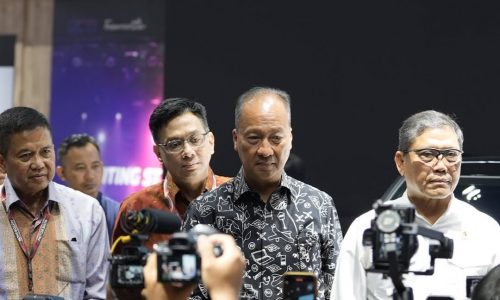A report by Transparency International reveals that Indonesia’s score in the 2024 Corruption Perceptions Index (CPI) remains at 37, placing it among countries struggling with significant corruption issues.
The report highlights stagnation in anti-corruption efforts as the country continues to face governance challenges, weak law enforcement, and political influence over legal institutions.
Indonesia’s CPI score of 37 puts it on par with countries like Argentina, Ethiopia, and Morocco, indicating widespread corruption concerns in public sector institutions.
Despite past government initiatives to strengthen transparency, the country has not made notable progress in combating bribery, misuse of funds, and political interference in law enforcement.
The report stresses that political corruption, lack of judicial independence, and weak anti-corruption enforcement remain key barriers to improvement. Law enforcement agencies and anti-graft institutions, including the Corruption Eradication Commission (KPK), have faced increasing political pressure, weakening their ability to act against high-level corruption cases.
Environmental and climate-related corruption
The CPI 2024 also highlights Indonesia’s struggles with environmental corruption, particularly in illegal mining, deforestation, and mismanagement of climate funds.
The weak enforcement of environmental regulations has allowed corporate interests to influence policies, leading to the destruction of natural resources and threats to local communities.
“Corruption is a major obstacle in tackling climate change,” the report states as accessed on Thursday, February 13, 2025.
Bribery in the forestry and mining sectors has facilitated large-scale deforestation, with weakened regulatory oversight enabling illegal activities.
Other ASEAN countries
Indonesia lags behind regional neighbors in the CPI rankings. Singapore remains the cleanest country in Southeast Asia with a score of 84, while Malaysia (50) and Thailand (34) show varied performances. Meanwhile, Vietnam (40) and the Philippines (33) remain in a similar corruption range.
Transparency International urges stronger political commitment, independent law enforcement, and increased protection for anti-corruption watchdogs and activists to reverse Indonesia’s stagnant position in the rankings.
The report warns that without urgent reforms, Indonesia risks further democratic backsliding, with corruption continuing to impact economic development, public trust, and environmental sustainability.









